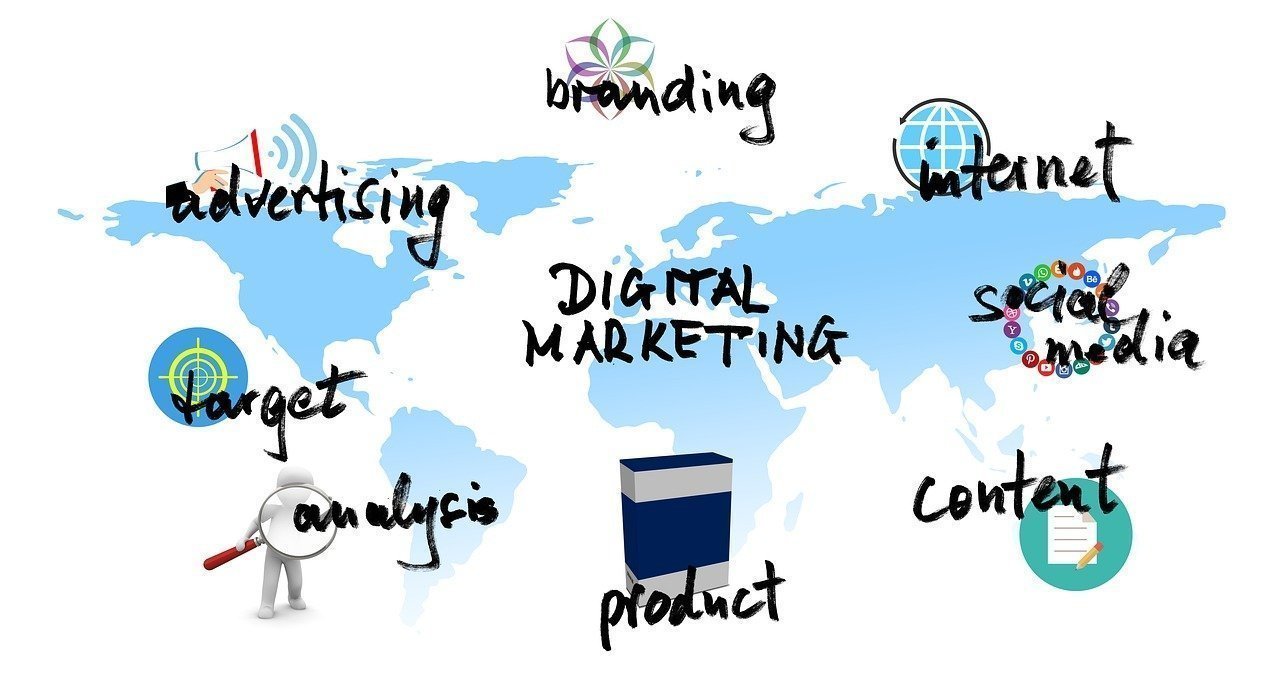Introduction
KPI’s are all about measuring one thing, success. However, what that means is not always so simple. What defines success? How do we know that something is successful? This is especially tricky with something like content, where success is not always directly tied to money.
So what do you do as a content marketer in this situation? How do you measure the success of your content effectively? Of course, successful content will not be the same for everyone, as every business has its own set of goals, and only you will know what kind of success you are after. Maybe you just want your content to be seen, and to generate brand awareness, or maybe you want it to directly lead people to your website and generate conversions.
However, across all levels of content, there are ways to measure success of that content. And there are several KPI’s that are important to success for any type of content. This article will cover some of these KPI’s that we believe are most important in evaluating the success of your content, so let’s get started:
Important Content KPI’s For Measuring Success
Leads Generated
Depending on the type of content you are making, you might be after different goals. A lot of content is meant to generate leads. Leads can come in many varieties, whether it be by a customer filling out a form, downloading something, or more. If your goal is to generate leads, it is essential that you track which leads come from each source of content that you produce. This helps to evaluate the effectiveness of that content, and allow you to use this mold to create similar content in the future.
Conversion Rate
If your content is meant to drive conversions, then measuring conversion rate is necessary. Conversions can come in many forms, but are often based on sales. Conversion rates let you know which content is most effective at driving a conversion, and lets you further isolate the reason why that is. You can craft better content that drives that conversion rate up, and you won’t risk losing customers who might have converted if they were given better incentive.
Cost Per Click
If you are promoting your content through ads or sponsored posts, you will find that “cost per” metrics are a great way to measure the effectiveness of these ads. Cost-per-click is a valuable metric to see how effectively your ad stands out and how appealing it is to consumers. If you goal is to measure your ROI in terms of clicks to your website, this is a great metric. It is also an easy metric to communicate to others if you are having trouble justifying the effectiveness of your advertising campaign.
Cost Per Lead
Cost-per-lead is similar to cost-per-click but gets more to the root of what you are trying to achieve with your promoted content. Your goal with your content is likely not a simple click (although it might be), and cost-per-lead cuts right to the goal. It measures how much of your ad spend went toward generating each lead on average. You can run it across various campaigns to measure how effective the ROI of each campaign is, and it lets you know which campaign to invest more money into.
Keyword Ranking

If you are building a campaign around ranking highly on specific keywords, it is important to measure that campaign’s success. There are many tools out there that measure how highly you rank on these keywords. By measuring keyword success, you can see which content is ranking more highly on search engine results pages, and you can invest more efforts into promoting this content.
Comments & Shares
This is an important tool to measure the success of your social media content. Sometimes it is as simple as looking at how many people are engaging with your content. Of course, the type of engagement matters. But if it is a well received piece of content that is aimed at your target market, then you can take a high amount of comment and shares as a good sign that it has resonated with your target audience.
Unique Page Visits
Another simple measure of engagement. It shows how many people are visiting your website. You can even break it down further and see which visitors are attracted to your page through various forms of content (search engine results, social media, ads, etc.) The goal is to increase the amount of unique people visiting your site, and this helps you see which forms of content are most effective at doing so.
Followers/Subscribers

Another easy way to measure success on social media and engagement level is through followers/subscribers. Growing your followers is a great tool as it represents someone who has voluntarily agreed to have your content show up on their feed. Your brand has resonated with them on some level, and while it may not necessarily equate to sale, it is a great way to measure engagement and it still represents a group of people that you can continue to market to with your content.
Conclusion
Content marketing is a vast and growing field. It is perhaps too broad of a term to simply toss out KPIs and say they will be crucial in any piece of content’s success. However, there are certainly many metrics that will be more relevant in measuring your content’s success than others.
The key point is to measure the KPIs that are most relevant to you, and that means that before you put out any content, you should clearly define your goals and what you are trying to achieve with that content. Whether your goals are conversions, engagement, or awareness based, it is just important that you know your goals so that you can choose which KPIs are most important in measuring and optimizing the success of this content.


